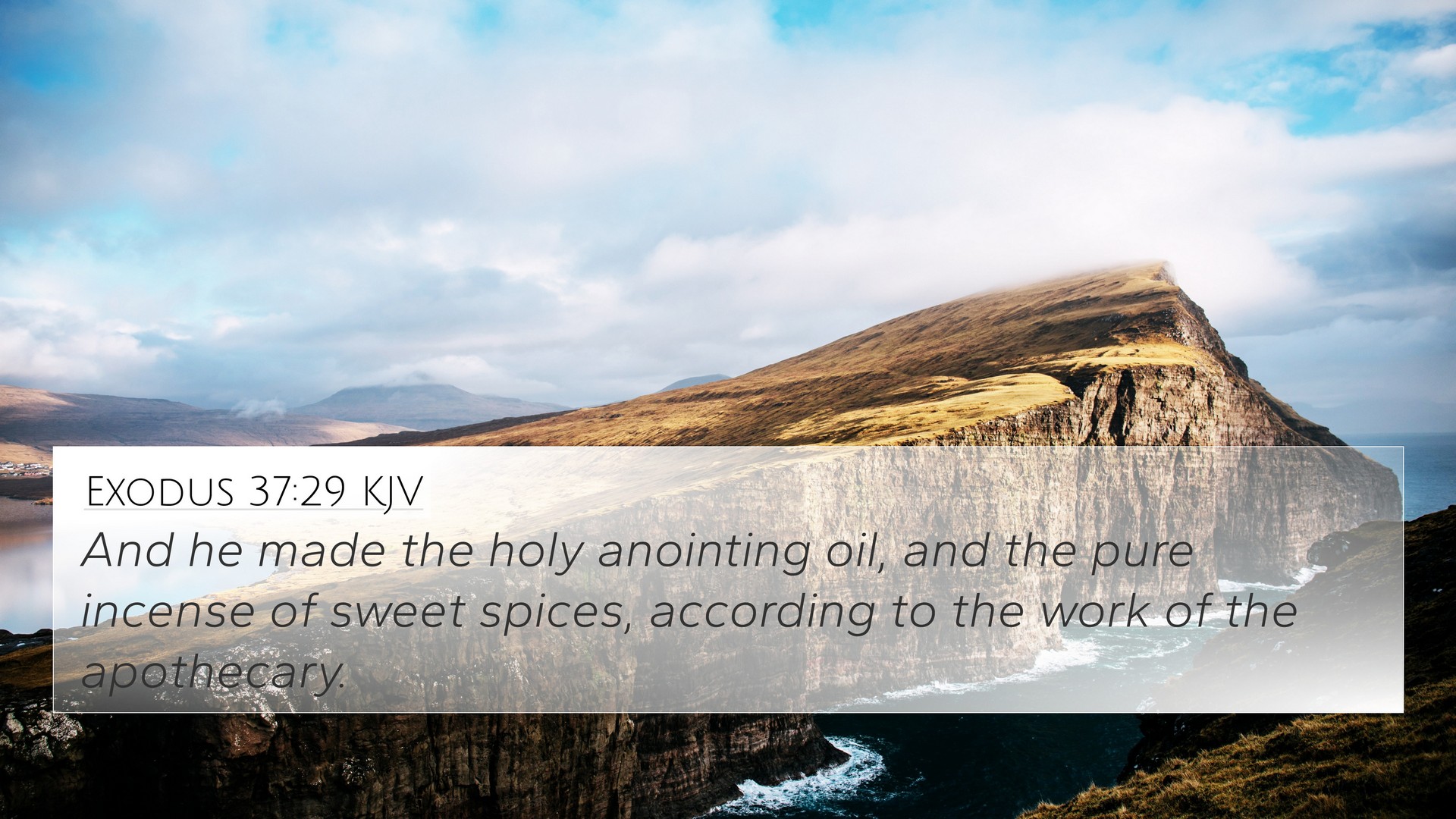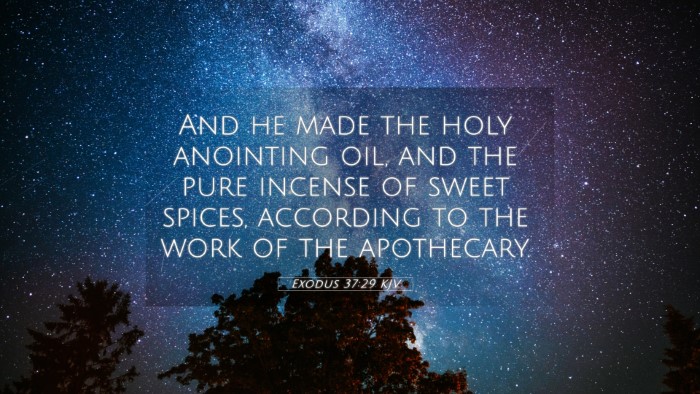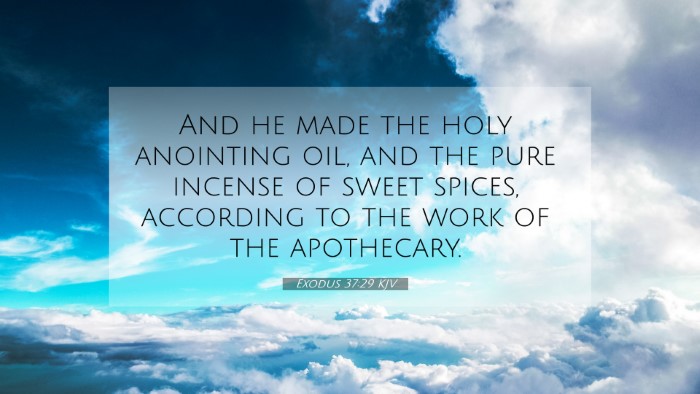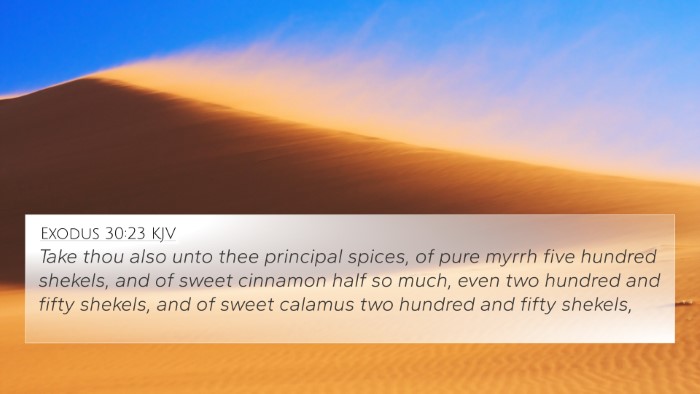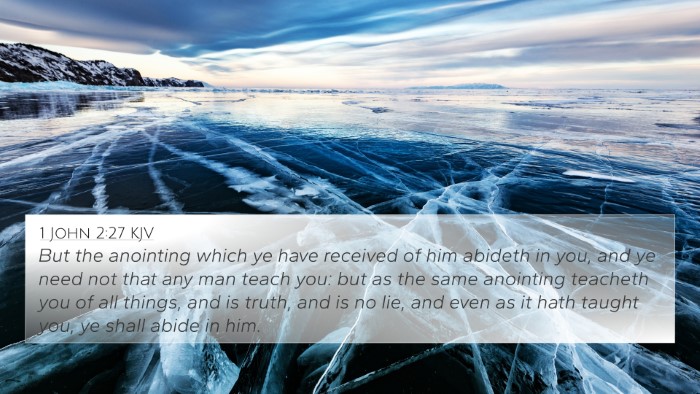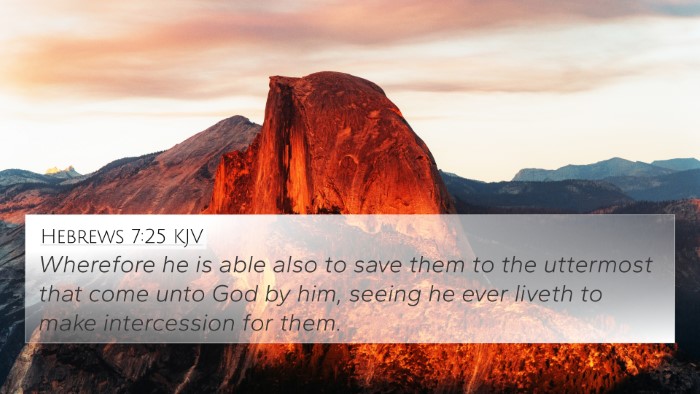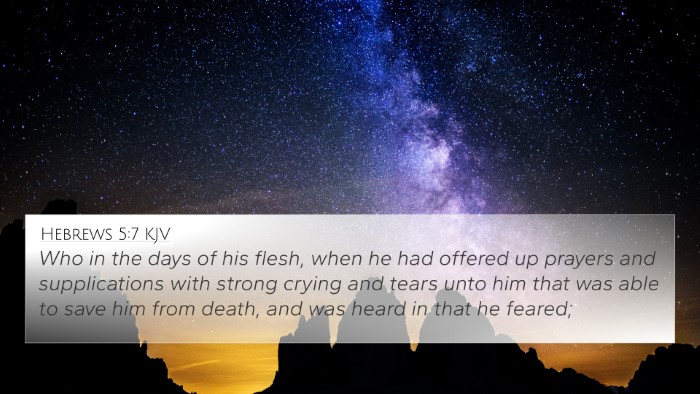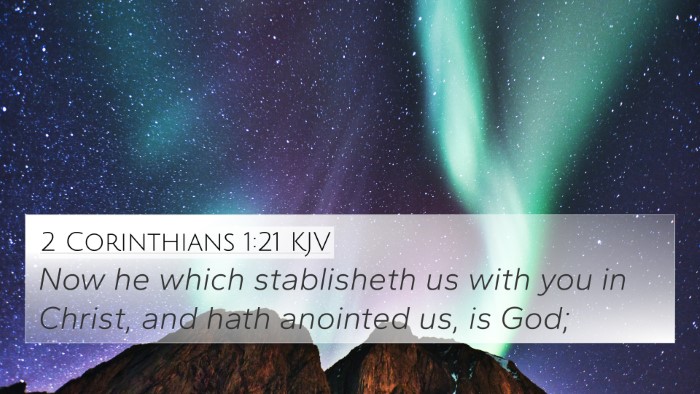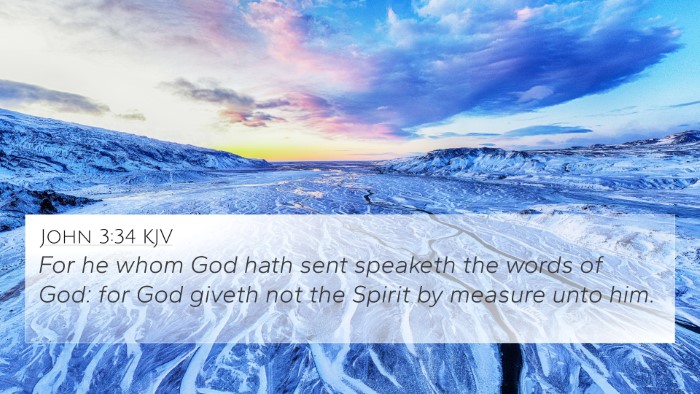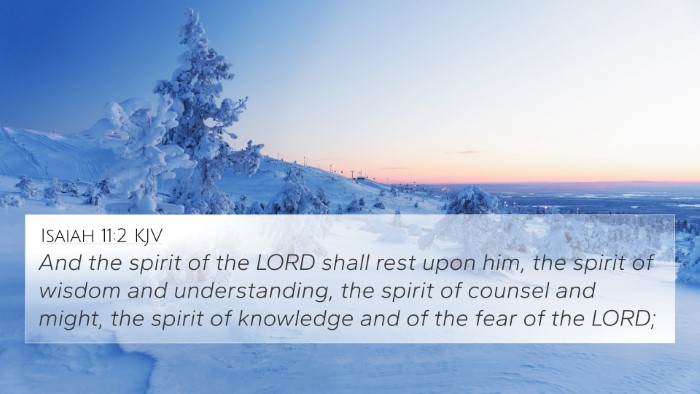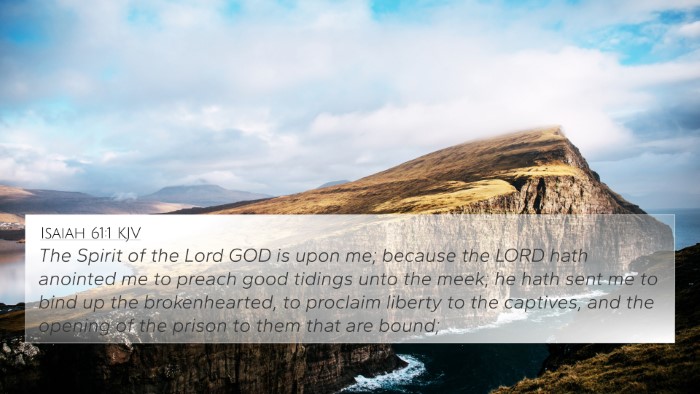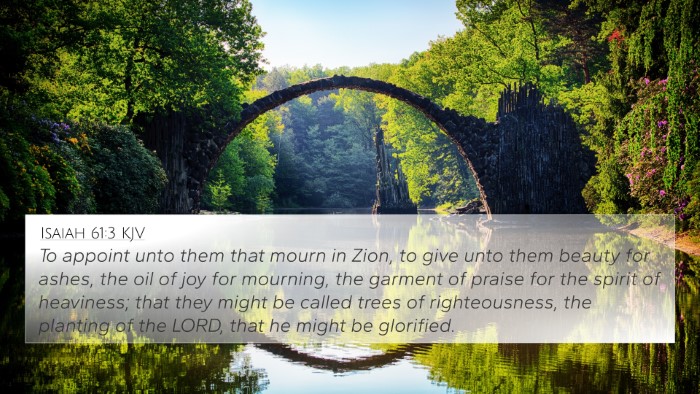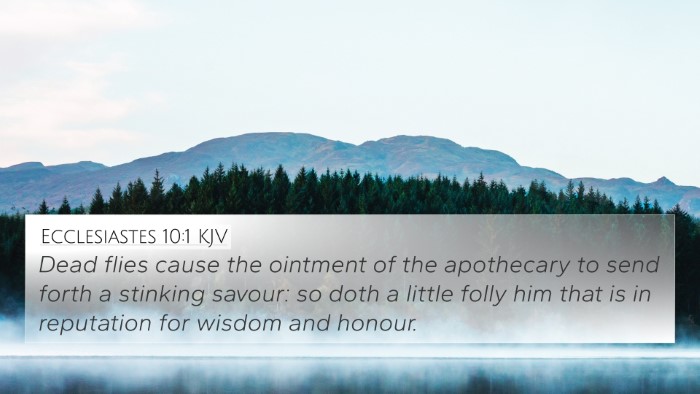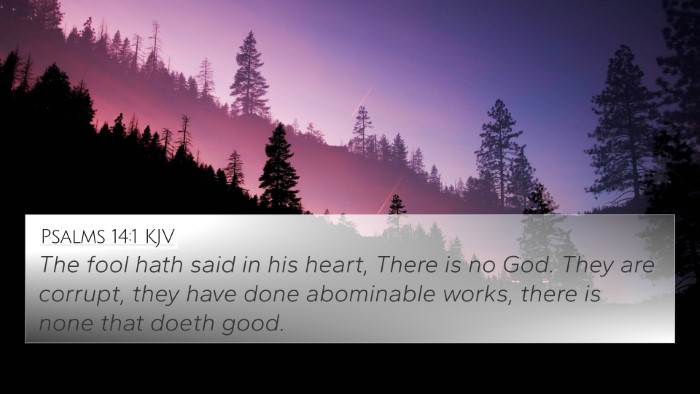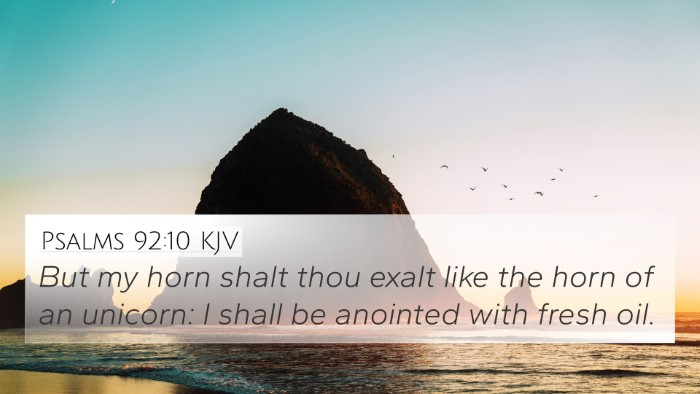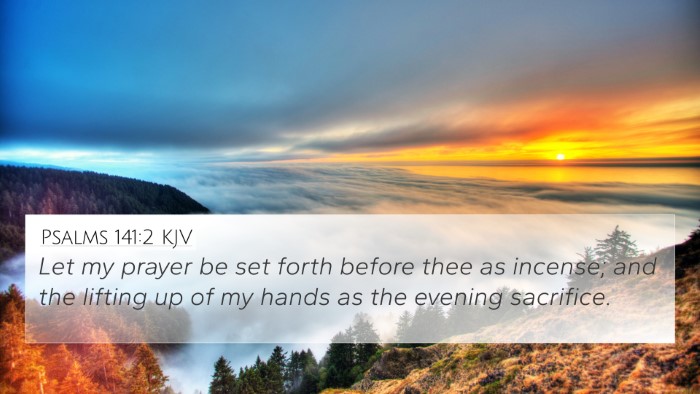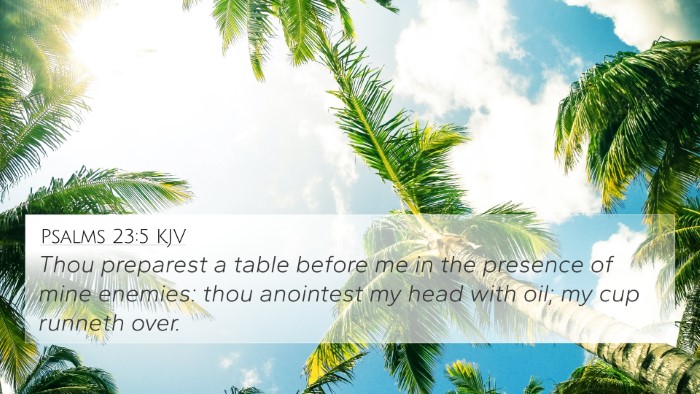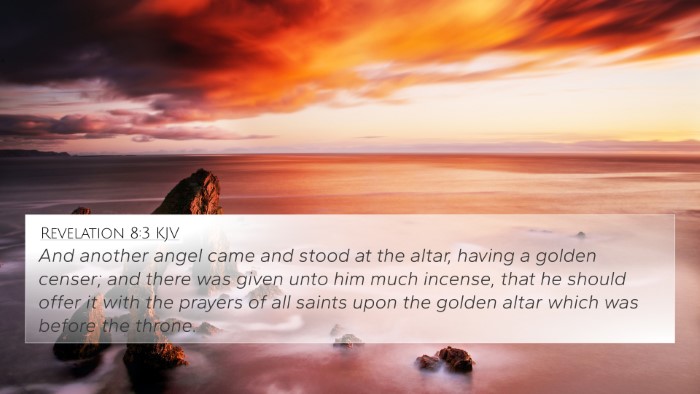Understanding Exodus 37:29
Verse: Exodus 37:29 - "And he made the holy anointing oil, and the pure incense of sweet spices, after the art of the apothecary." (KJV)
Meaning and Explanation
Exodus 37:29 speaks about the preparation of the holy anointing oil and pure incense, which were essential components in the worship practices of the Israelites. The meticulous crafting of these items signifies their sacred nature and the importance of adhering to God's commands.
Insights from Commentaries
-
Matthew Henry:
Henry emphasizes the significance of the anointing oil as a symbol of the Holy Spirit. He notes that the oil is representative of divine empowerment and the sanctification necessary for the services of God.
-
Albert Barnes:
Barnes explains that the preparation of such items was not only a matter of religious duty but also an illustration of purity and intention behind the worship practices. He highlights that the 'pure incense of sweet spices' reflects the fragrant worship pleasing to God.
-
Adam Clarke:
Clarke delves into the significance of the ingredients used in the anointing oil and incense, illustrating that these were specially chosen to fulfill God's instructions. He remarks that these substances come together as a divine provision for the ceremonial aspects of worship.
Cross-References and Connections
Exodus 37:29 finds numerous connections within the Biblical text, providing substantial thematic context:
- Exodus 30:22-33: This passage outlines the recipe for the holy anointing oil and makes clear the necessity of following God's commands precisely.
- Leviticus 8:10-12: This scripture elaborates on the anointing of Aaron and his sons, demonstrating the application of the holy anointing oil in setting apart God's priests.
- 1 Samuel 10:1: This verse describes the anointing of Saul as king, linking the concept of anointing to leadership and God’s chosen ones.
- Psalm 133:2: The verse depicts the blessings of unity among brethren, likening it to precious oil poured upon the head, symbolizing divine favor.
- Hebrews 1:9: This New Testament reference states that Jesus was anointed with the oil of gladness above His companions, indicating the continuation of the theme of divine anointing.
- Revelation 5:8: This passage presents the prayers of the saints as incense before God, supporting the idea of incense as a symbol of worship.
- John 12:3: Mary’s act of anointing Jesus with costly perfume is a practical illustration of honoring the divine presence.
Thematic Analysis
The themes of sanctification, divine selection, and the act of offering permeate this verse, emphasizing how spiritual acts are tied to the purity and intentionality of worship.
Comparative Bible Verse Analysis
To fully grasp the essence of Exodus 37:29, we can explore comparative themes with other scripture references:
- Holy Spirit: John 14:26: The Comforter sent by God emphasizes the connection between anointing oil and the Spirit's role in guiding and empowering believers.
- Pure Worship: Romans 12:1: The call for presenting our bodies as a living sacrifice signifies the essence of pure worship, paralleling the sanctity of the anointing oil.
- Divine Calling: Acts 10:38: Reflects on Jesus being anointed by the Holy Spirit and how He went about doing good, establishing a link between anointing and service.
Conclusion
Exodus 37:29 serves not only as a historical reference for the Israelites' worship but also as a profound insight into the themes of sanctification, divine presence, and the essential nature of worship in both the Old and New Testaments. By examining its connections through cross-referencing, we attain a broader understanding of the biblical narrative and its implications for faith and practice.
Tools and Resources for Further Study
For those looking to delve deeper into scripture and find cross-references, various tools are available:
- Bible Concordance
- Bible Cross-Reference Guide
- Cross-Reference Bible Study Techniques
- Bible Reference Resources for Enhanced Study
